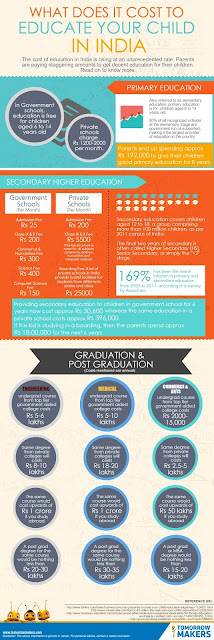VR “hangover” and Motion sickness : What you need to know.

If you’ve tried out a Virtual Reality game, experience or a 360 video and experienced some discomfort during or afterward, you felt a type of motion sickness. The cause: Mixed sensory signals to the brain. The most common one is that your eyes registered horizon movement and the liquids in your inner ear did not. they knew you were on a flat stable surface. Similar to sea or travel sickness, your body reacts to this incongruity by making you feel ill. Your body misinterprets the cause (assuming you ate something poisonous) and triggers the ejection button to try to save you. “ Hangovers ” from technological immersion are now a real situation. Let me explain. You see, your Brain determines your spacial position and movement by using visual signals from your eyes and body(proprioception). Your subconscious is constantly processing motion cues, horizon placement, gravity and a host of other information (only having 5 senses is a myth, there are dozens) including motion signals f...
